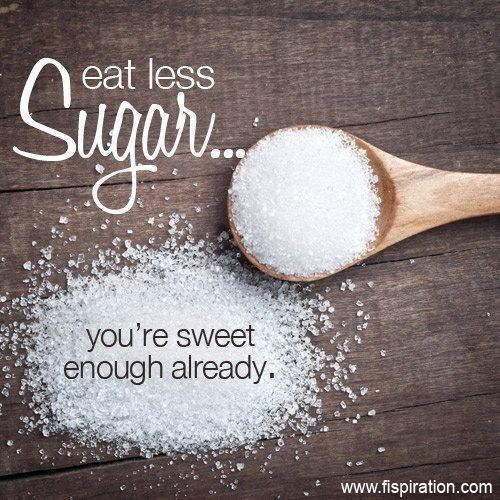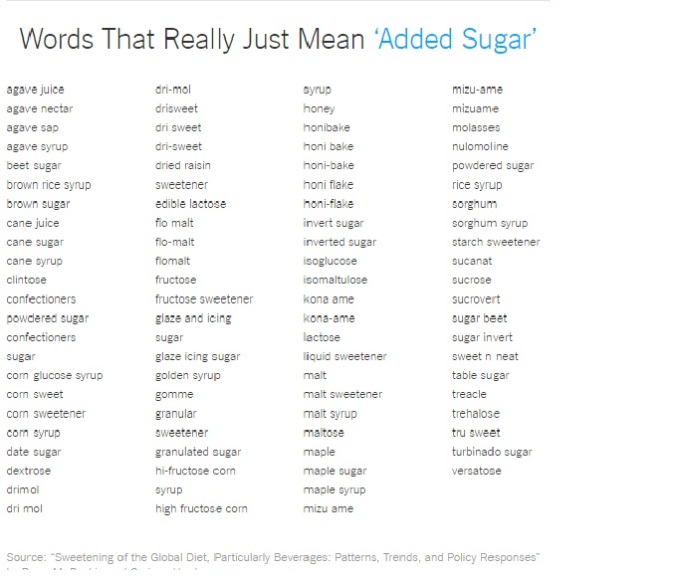The purpose of life is not to be happy. It is to be useful, to be honorable, to be compassionate, to have it make some difference that you have lived and lived well.
~
14th November is “World Diabetes Day”.
https://worlddiabetesday.org/about/2019-theme/
A story about today——
Today is the birthday of a man who made miracles happen. In 1920, a four year old boy Terry Ryder diagnosed with Type 1 diabetes. In those days, the only way to save diabetes patients was to put them on a starvation diet. In July 1922, Terry weighed less than 12 kg & could not take 4 steps by himself. He was one of the first put on Fredrick Banting’s new discovery. Within 2 weeks he started gaining weight. By September Terry was healthy.
Terry was just one of thousands of children saved around the world by Fredrick Banting’s miracle cure for diabetes. Also adults and children around the world now take this miracle treatment for granted.
When Fredrick Banting discovered insulin, he refused to put his name on the patent. He felt it was unethical for a doctor to profit from a discovery that would save lives. Banting’s co-inventors, James Collip and Charles Best, sold the insulin patent to the University of Toronto for a mere $1. They wanted everyone who needed their medication to be able to afford it.
Inspired by Becca’s Nurturing Thursday


You must be logged in to post a comment.